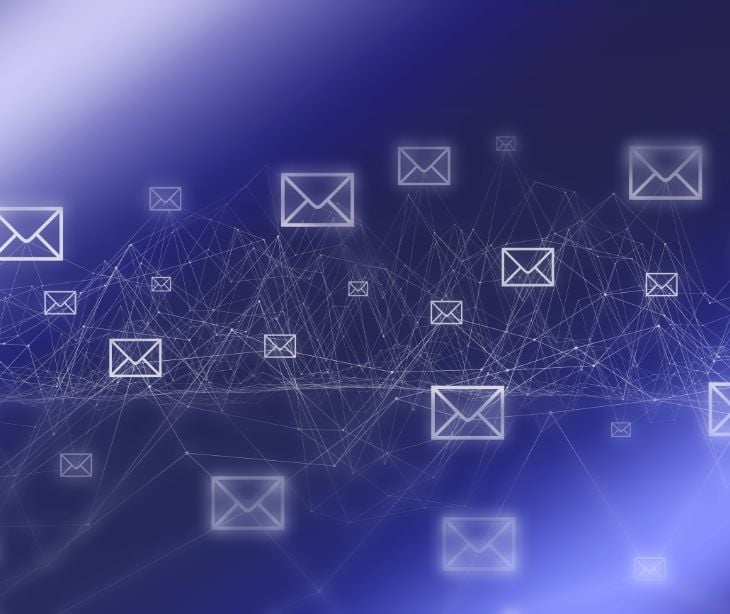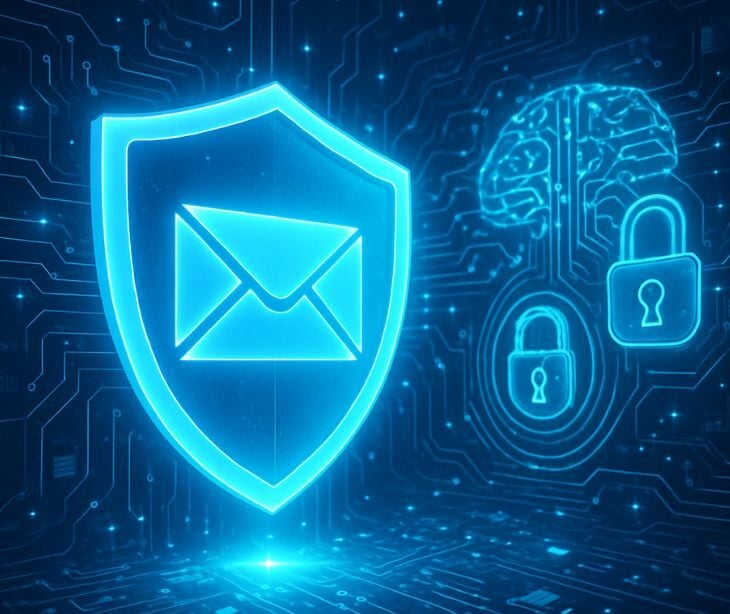
Ethical guidelines stress that online behavior should not obfuscate or misrepresent identity, as doing so may breach professional standards or create barriers to accountability and trust, tenets in both research and clinical communication.
Email communications in medicine need clear identification of correspondents, disclosure of their roles, and maintenance of confidentiality, all of which could be undermined if email aliases are used deceptively or to mask identity.
The Journal of General Internal Medicine study notes, “The physician has a duty to promote patient understanding and should be aware of barriers, including health literacy issues for the patient”. While e-communication may become a tool to foster patient engagement through improved access, empowerment, and communication, concerns have been raised about the “digital divide”...”
In research, procedures are encouraged to confirm participant identity due to the risk of multiple accounts and potential identity confusion, which aliases may exacerbate. Using aliases per se is not labeled unethical but is contingent upon maintaining transparency, informing correspondents, and not compromising privacy, accountability, or integrity.
Why email aliasing is used in organizations
An email alias refers to an additional, alternative email address that routes incoming messages to a primary email account. Organizations employ this functionality to enhance communication management without creating a proliferation of separate inboxes.
One core reason for using email aliases is improved organizational efficiency. A Frontiers in Psychology study provides for one of these benefits “High email load has been associated with impaired well-being because emails impose specific demands, disturb the workflow, and thereby overtax individuals’ action” By segmenting communication streams through aliases aligned with specific functions or departments, such as sales@company.com or support@company.com, organizations can direct messages appropriately while centralizing their receipt in a main inbox.
Despite these advantages, organizations using email aliases must confront challenges related to email deliverability. Since aliases forward mail to a single primary inbox, this can introduce vulnerabilities, such as email spoofing, where malicious senders falsify an email’s origin to impersonate legitimate aliases.
The ethical considerations to apply when using email aliasing
Based on a study on email alias detection, “Aliases can be tailored to specific scenarios, which allows individuals to assume different aliases depending on the context of interaction.” While aliasing can sound intimidating, it can be done correctly if performed transparently.
The ethical use of email aliasing requires a balance between the benefits it offers and the potential risks it poses. It demands a commitment to principles like honesty, transparency, and accountability.
- Transparency and honesty: While aliases can offer anonymity or privacy, they should not be used to deceive or mislead recipients. For instance, in a business context, it's necessary to maintain transparency about who is behind an alias to avoid misunderstandings or misrepresentations.
- Consent and disclosure: In situations where email aliasing might affect other parties, obtaining consent or disclosing the use of an alias can be an ethical necessity. This is especially true in professional settings, where clients or customers have a right to know who they are communicating with.
- Data security: The use of email aliases must align with data protection laws and ethical standards. This includes ensuring that aliases do not inadvertently increase the risk of data breaches or cyber-attacks.
- Accountability: Individuals using email aliases should remain accountable for their communications. Aliases should not be used as a shield for irresponsible or unethical behavior, such as harassment, spamming, or spreading misinformation.
- Responsibility in management: For organizations that implement email aliasing, there’s a responsibility to manage these aliases properly. This includes ensuring they are used appropriately, monitored for misuse, and protected from unauthorized access.
- Avoiding harm: Email aliases should not be used in ways that cause harm to others. This encompasses avoiding the spread of false information, respecting the boundaries of others, and not engaging in activities that could be damaging if carried out under an alias.
See also: HIPAA Compliant Email: The Definitive Guide
The arguments against email aliasing
Healthcare organizations are prime targets for cyberattacks, especially phishing, which exploits email as a vector to gain unauthorized access to personal health information and critical clinical systems. Since email aliases can sometimes mask the true origin or recipient of an email, their misuse or poor management can increase vulnerabilities to these attacks.
A study on why employees still fall victim to phishing links noted, “A recent study analyzed phishing campaigns in health care organizations and found that, on average, as much as 14.2% of these phishing emails were clicked on by employees” Alias emails, if not rigorously secured, provide additional endpoints that hackers may impersonate or exploit to infiltrate healthcare networks.
Healthcare employees often have access to multiple information systems via single sign-on credentials, compounding the risk that a compromised alias could lead to broad breaches affecting patient data confidentiality, safety, and organizational operations. Despite training programs, healthcare staff remain notably susceptible to phishing attacks, with studies reporting click rates on phishing attempts that sustain the healthcare system's vulnerability to data breaches and ransomware.
See also: Ethical email marketing for healthcare organizations
FAQs
What is email aliasing?
Email aliasing is the practice of creating an alternative email address that forwards messages to a primary email account. For example, emails sent to "support@company.com" might be forwarded to "jane.doe@company.com."
How does email aliasing work?
When an email is sent to an alias address, it is automatically forwarded to the designated primary email account. This allows users to manage multiple addresses without needing separate inboxes.
Is email aliasing the same as email forwarding?
Not exactly. Email aliasing involves using a different address that forwards to a primary email account, often without the sender knowing the primary address. Email forwarding can involve setting up rules to send received emails to another address.
Can email aliasing improve email management?
Yes, it can help organize and filter emails by function or department, such as "sales@company.com" for sales inquiries and "support@company.com" for customer service.
Subscribe to Paubox Weekly
Every Friday we bring you the most important news from Paubox. Our aim is to make you smarter, faster.




